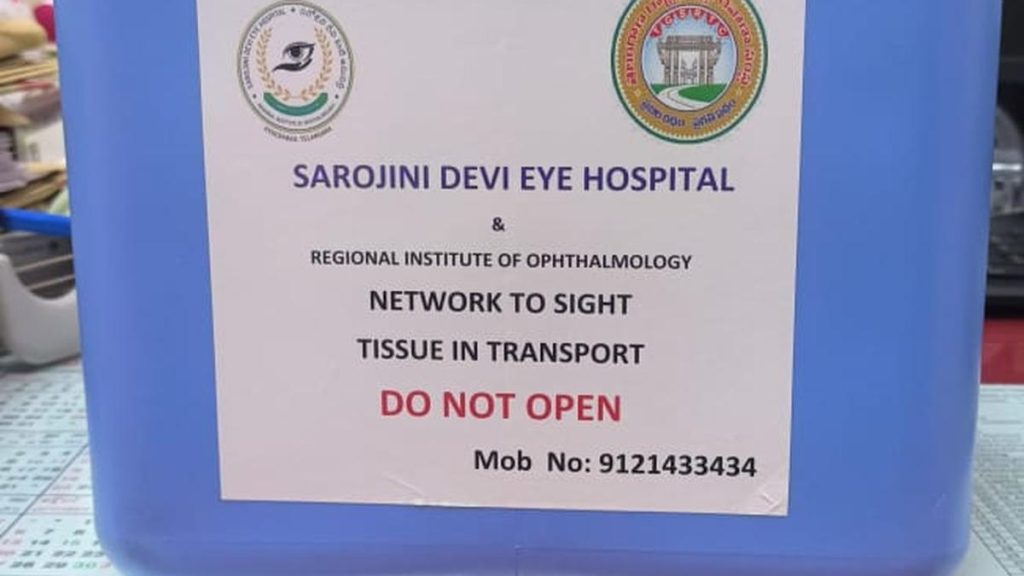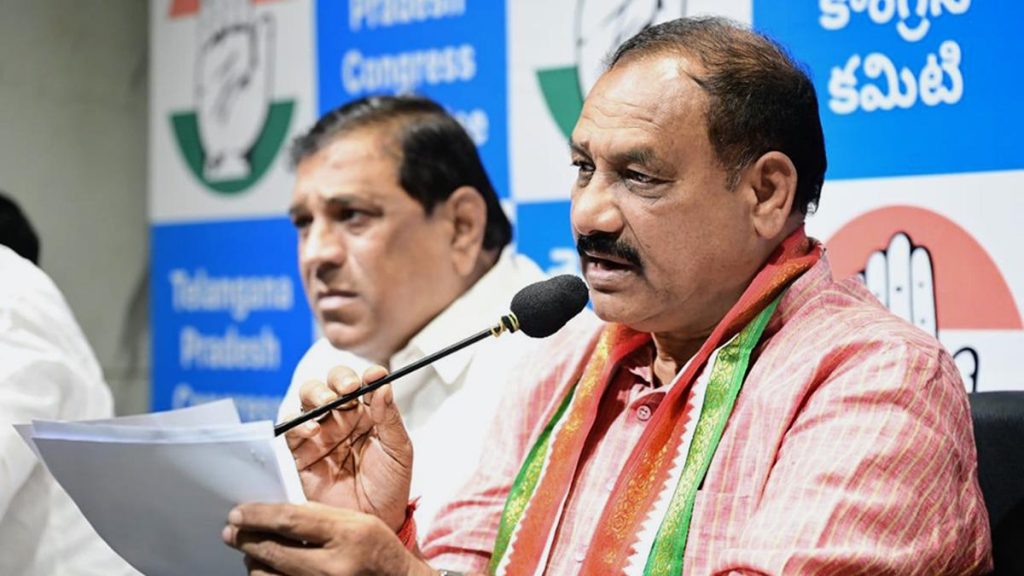Now Reading: LSGD Forms New Audit Monitoring Committees
-
01
LSGD Forms New Audit Monitoring Committees
LSGD Forms New Audit Monitoring Committees

Swift Summary
- The Local Self-Government Department (LSGD) in India has reconstituted audit monitoring committees at both district and State levels to ensure timely completion of audit reports for local bodies.
- Reconstitution of these committees follows the formation of the LSGD Common Service, which merged five government departments.
- Committees are given authority to summon secretaries and implementing officers if local bodies fail to respond promptly to audit observations.
- state-level Committee: Headed by the Principal Secretary (LSGD), includes officials from LSGD rural and urban divisions, finance department, and others; meets every three months. It reviews action taken reports submitted by the Principal director (LSGD).
- District-level Committee: Headed by District Joint Directors, comprises audit/finance department members; convenes bi-monthly meetings and addresses pending audits across various civic entities like panchayats and municipalities.
- Audit adalats might potentially be held as decided during district committee meetings to resolve backlogs.
Indian Opinion Analysis
The reconstitution of these audit monitoring committees is a positive institutional step that reflects increased attention toward openness and accountability in governance at local levels in India.By establishing structured oversight at both State and district levels with specified periodic meetings,it aims to streamline processes for resolving delayed or pending audits-a notable challenge faced by decentralized governance frameworks such as panchayati raj institutions.
The inclusion of top administrative officials within both State-level and district-level committees indicates intent for stronger enforcement mechanisms,possibly ensuring higher compliance rates among local bodies with financial regulations or procedural recommendations arising from audits. Moreover, provisions like summoning secretaries or holding audit adalats emphasize responsiveness-a move that could help regain trust locally while enhancing robust governance systems under India’s decentralization model.
However, success hinges on execution-whether logistical efforts can align consistently with these aspiring objectives remains an open question tied directly to capacity-building within such newly merged departments.Published – July 10, 2025 08:07 pm IST
Read more: Source Link
























